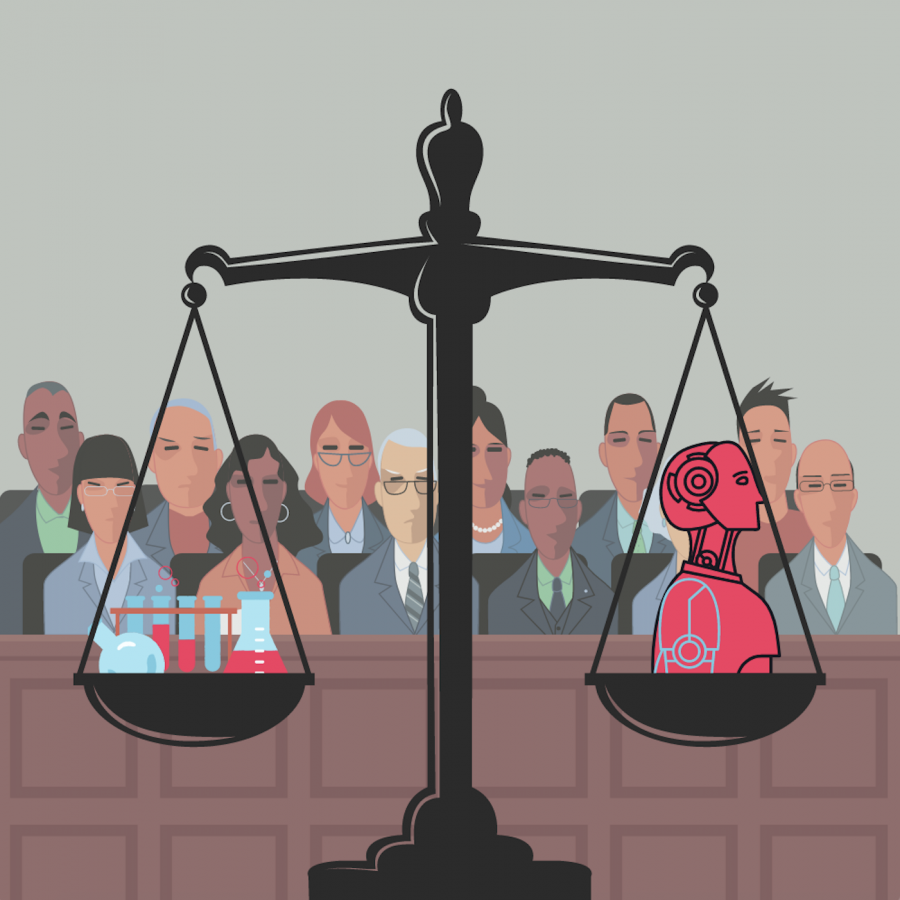In 2003, Elizabeth Holmes rocked Silicon Valley with a startup that claimed to offer faster, cheaper blood tests that could perform a variety of assessments with just a prick of the finger. Her company, Theranos, was valued at over $9 billion.
Now, Holmes is a household name for all the wrong reasons. For the past month, she has been on trial for 12 counts of wire fraud and conspiracy to commit wire fraud.
Faulty tests mistakenly told patients they were diagnosed with cancer or suffering from a miscarriage. Tests that were touted to take two hours actually took over two days to yield results. Holmes also raised money by lying to investors about contracts with Pfizer and the U.S. military.
A dozen felonies and hundreds of millions of dollars lost later, we’re left wondering: what can the Theranos case teach us about how we can improve the biotech industry?
For many tech companies, constantly reinventing your brand to achieve rapid growth and reach unimaginable heights is a part of the culture. Founders are supposed to build themselves up as the sole key holder to a solution the world has been waiting for.
However, when technology and software begins to intersect with critical industries like healthcare, companies can’t afford to fail when people’s lives are at stake.
Biotech innovations must undergo years of well documented, FDA-regulated trials before entering the market. The hype that powers tech companies just doesn’t go as far for biotech companies.
Despite Holmes’ success in raising money and gaining notoriety for Theranos in biology, the value of an innovation is proven in the data.
One way to make room for biotech startups is to encourage the pipeline from STEM academia to the entrepreneurial ecosystem as founders and venture capitalists.
Entrepreneurs who are scientists first and business leaders second have a better technical foundation to invent intellectual property that is inherently valuable. When a company’s technology is solid, there is little need to embellish it for fundraising purposes.
Researchers are often overworked and underpaid with failure being a common and expected part of the job. Academics are no strangers to contextualizing novel ideas to ask for funding, but the only thing missing is a design-thinking focus that centers innovation around addressing user pain points.
As a microbiology major involved in San Diego State’s entrepreneurial ecosystem, I know firsthand how our school is teaching students like me to contribute to early stage companies and their growth.
At last week’s VentureStart competition, students from the Entrepreneur Society and CyberDefense Team worked together to develop and pitch solutions around software and security in just a few hours. However, the roughly three-to-one ratio of entrepreneurs to computer science experts outlined an unmet need in entrepreneurship: technical experts.
ZIP Launchpad is addressing this in part with focused initiatives that encourage developing ideas made by women in STEM as well as ideas that improve the lives of the elderly. With targeted events, themed hackathons (design sprints to quickly come up with solutions to pressing issues) and special incentives, our on-campus incubator is helping our students rise to find solutions to unaddressed societal problems that require expertise in science and health.
STEM-oriented venture capitalists would benefit the industry by powering high potential startups with the industry-specific knowledge needed to assess risk and spot trends.
On SDSU’s Venture Capital Investment Competition Team, led by alumni Robert Schulte and Paige Doherty, I’ve been learning about what turns a business idea into an opportunity and how to apply that knowledge within venture capital investment. I am one of two students studying STEM on our undergraduate team of over a dozen people and our coach, Paige Doherty, is a SDSU computer science alumna.
One reason I fell in love with entrepreneurship was the excitement and fulfillment that comes with developing something end-to-end that other people will use and benefit from.
Whether you’re a STEM major or a business major, SDSU can help make the next big idea a reality, but sometimes the most valuable resource is what you can learn from the people around you.
Let’s ensure we don’t create any other Elizabeth Holmes in the future.
Jessica Octavio is a senior studying microbiology. Follow her on Twitter @jessicaoctavio_.










